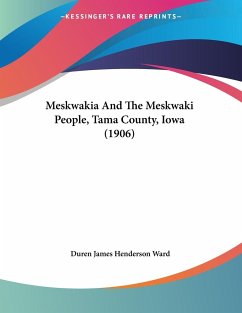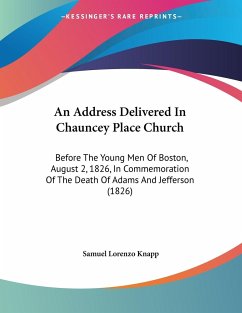In 1940, Abilene, Texas was just an overgrown country town of some 25,000 souls. World War II wrought a permanent change through the advent of a major army training camp housing 60,000 troops. Although the base closed at the end of the war, the city soon attracted an air force base that continued to leaven the community.Over the next seventy years, Abilene grew to be home to nearly 120,000 citizens. Population growth carried with it the need for geographic expansion, infrastructure upgrade, and economic diversification, but also unimaginable cultural change. While the retail operations of the city spread far beyond the bounds of the old business district, a historic preservation initiative changed the deteriorating downtown into a thriving and vibrant cultural center. Robert W. Sledge picks up the story of Abilene where Volume 1: The Future Great City left off and takes readers through the history of the burgeoning country town as it became a modern city. He details Abilene as the central presence of a wide region known as "the Big County" and places it distinctly in the modern era.
Hinweis: Dieser Artikel kann nur an eine deutsche Lieferadresse ausgeliefert werden.
Hinweis: Dieser Artikel kann nur an eine deutsche Lieferadresse ausgeliefert werden.









